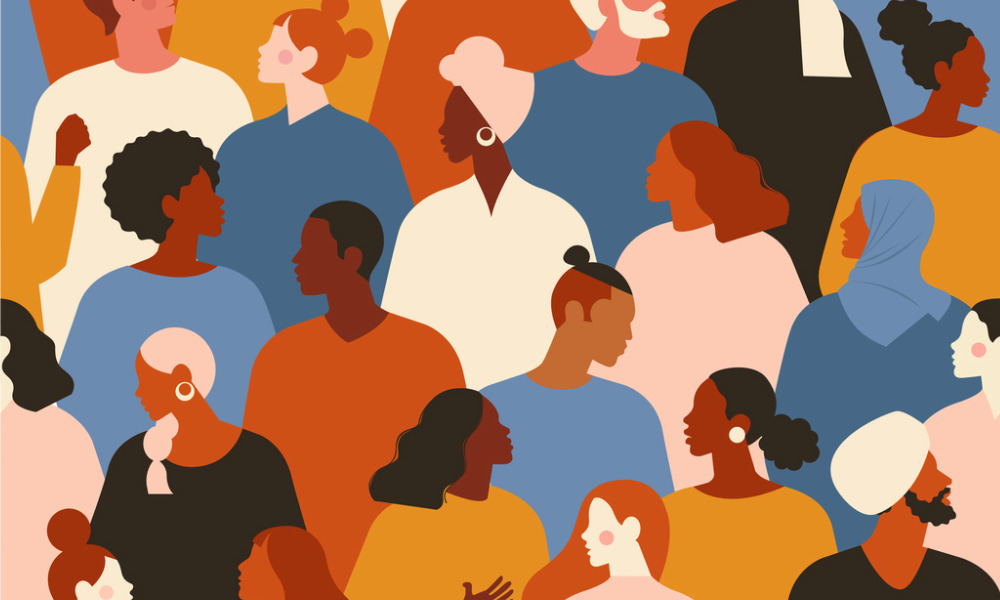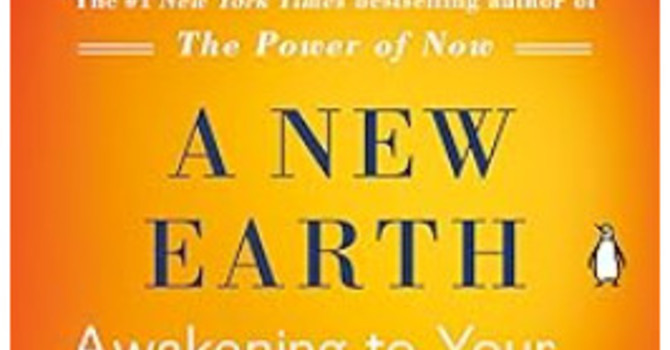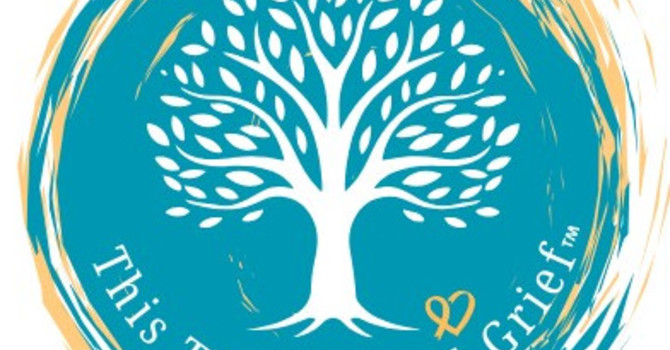
Grief, Loss, and the Weight of Othering: Healing Through Connection
Understanding Grief Beyond Bereavement
Grief is often thought of as the sorrow we feel when we lose a loved one. But grief is more than just the pain of death—it is the experience of loss in all its forms. It is the loss of identity, the loss of belonging, the loss of safety, and the loss of dignity.
For many people of color, Indigenous peoples, and those who have been marginalized, grief is deeply intertwined with racism and othering. The pain of exclusion, discrimination, and generational trauma creates a unique kind of grief—one that is not always recognized or acknowledged by society. This kind of loss cannot be healed with time alone; it requires validation, recognition, and connection.
At This Thing Called Grief, we believe that all grief deserves to be seen and supported. Whether your loss is rooted in bereavement, racial trauma, or the deep pain of feeling unseen, we hold space for you.
The Unseen Grief of Marginalization
Dr. Pauline Boss (2000) describes ambiguous loss as grief without closure—when something or someone is gone but not in the way we typically understand. This concept resonates deeply with those who have experienced racism, colonization, and social exclusion.
How Racism and Colonization Create Ambiguous Loss
- The loss of feeling truly at home in one’s own community
- The erosion of self-worth due to repeated microaggressions
- The historical traumas passed down through generations
- The silencing of lived experiences in dominant narratives
These losses may not always be tangible, but they are deeply felt. Imagine a young Black man who, from childhood, was taught by his parents to be cautious in certain spaces. Though he has never personally experienced overt violence, he carries the generational grief of his ancestors who lived through segregation, discrimination, and injustice. This loss of security, this deep-rooted fear, is grief.
Similarly, consider the experience of an Indigenous woman whose grandmother was taken to a residential school in Canada. The trauma inflicted by forced assimilation, abuse, and family separation has been passed down through generations, manifesting as grief over lost language, lost traditions, and a lost sense of belonging. This ambiguous loss—the mourning of something that was forcibly taken yet never properly acknowledged—is at the heart of many Indigenous communities’ grief.
Who Gets to Define Grief?
Toni Morrison (1993) wrote, “Definitions belong to the definers, not the defined.” In the context of grief, this is particularly important. In a world where racism and colonization dictate whose grief is acknowledged and whose pain is minimized, many Indigenous peoples and people of color find themselves carrying unrecognized sorrow.
The Grief of Lost Opportunities and Identity
For example, consider Maria, a Latina woman who has worked tirelessly in her field, only to see promotions go to less-qualified colleagues. The unspoken but persistent barriers make her question her worth, and she grieves the lost opportunities, the silenced voice, and the exhaustion of always having to prove herself. Her grief is real, but because it is rooted in systemic racism, it often goes unnoticed.
Now, consider Elijah, an Anishinaabe man who has spent years reconnecting with his culture after being disconnected from his roots due to government policies that separated Indigenous children from their families. His grief is not just about personal loss—it is a generational pain of stolen land, stolen language, and the fight to reclaim identity.
These forms of grief are cumulative. The grief of losing opportunities, the grief of cultural erasure, and the grief of existing in a world that diminishes one’s experiences all add up over time.
Racial Trauma and Colonial Trauma as Collective Grief
Dr. Kenneth V. Hardy (2016) describes racial trauma as a collective grief, one that communities bear together. In Canada, the grief experienced by Indigenous peoples due to colonization, land dispossession, and cultural genocide is a form of collective trauma that continues to impact future generations. Healing requires more than individual resilience—it demands community acknowledgment and collective care.
Ways Racial and Colonial Trauma Manifest as Grief:
- Hypervigilance and exhaustion – Carrying the weight of discrimination leads to emotional fatigue.
- Intergenerational grief – Parents teach their children to navigate a world that often sees them as "other."
- Suppressed emotions – Many Indigenous peoples and people of color feel pressure to endure their pain silently.
- A longing for justice and equity – When systemic change is slow or nonexistent, the grief deepens.
The trauma of residential schools, missing and murdered Indigenous women and girls (MMIWG), and ongoing systemic inequalities in Canada contributes to a unique form of grief—one that must be recognized, spoken about, and healed through connection and action.
Healing Through Connection and Recognition
Grief is not weakness. It is a testament to love, longing, and the deep need we all have to be seen and valued. By recognizing the intersections of grief, race, and othering, we create space for collective healing and justice.
At This Thing Called Grief, we know that grief is not just about losing a loved one. It is about all the ways loss shows up in our lives. Whether your grief comes from racial trauma, colonial trauma, cultural displacement, or the deep wound of feeling unseen, your experience matters. Your healing matters.
Ways to Heal and Reclaim Your Narrative:
Name Your Grief – Allow yourself to recognize and validate your loss.
Seek Community – Healing happens in connection with others who understand.
Honor Ancestral Resilience – Your history holds strength; acknowledging it can be empowering.
Find Support – Whether through therapy, peer support, or cultural healing practices, you don’t have to carry this alone.
Advocate for Change – Personal healing is powerful, but collective healing requires systemic shifts.
> If this resonates with you or someone you love, we welcome you to reach out. No one should have to navigate grief alone.
References
Boss, P. (2000). Ambiguous Loss: Learning to Live with Unresolved Grief. Harvard University Press.
Morrison, T. (1993). Beloved. Vintage International.
Hardy, K. V. (2016). The Enduring Impact of Racial Trauma. Psychology Today.
National Inquiry into Missing and Murdered Indigenous Women and Girls (2019). Reclaiming Power and Place: The Final Report.
#ThisThingCalledGrief #GriefSupport #CollectiveGrief #RacialTrauma #ColonialTrauma #HealingThroughGrief #YouAreNotAlone #HoldSpace #CommunityHealing #WeSeeYou

Sam Vander Schelde
Contact Me.jpg)



